Is Fear In Charge?
Fear has a way of sneaking into our hearts unannounced, like that distant cousin at Thanksgiving who insists on sharing every detail of his conspiracy theories. Yet Scripture calls us to a different standard: “Walking by faith, not by sight” (2 Cor 5:7 ESV). At Radiant Hope, we often encounter individuals whose decisions are driven more by fear than by faith in Christ. Brent Osterberg’s recent article for the Association of Certified Biblical Counselors reminds us that God has already met our greatest need, and He longs for us to live by faith, not fear. Below, we’ll unpack his key insights, interwoven with practical application and encouraging reminders from God’s Word.
Why Fear Feels So Compelling
Osterberg begins with a candid prayer that many of us resonate with:
“Lord, please help me today to live my life by faith and not by fear.” (biblicalcounseling.com)
He confesses that fear often dictates his choices, rushing through red lights to avoid an angry boss, sidestepping relationships out of worry about rejection, or obsessively checking bank balances because of financial anxiety. If we pay attention to our hearts, we’ll likely discover more fear-driven decisions than we’d care to admit. Yet the Bible is clear: God calls us to trust Him and live by faith (Gal 2:20; 2 Tim 1:7 ESV). Recognizing how often fear tempts us is the first step toward breaking its grip.
Five Questions That Expose Fear’s Lies
Osterberg proposes a series of diagnostic questions, an “as-I’m-driving-to-work” litmus test, to reveal whether fear or faith is steering our lives. Let’s consider each one, examining both the biblical truth behind it and its practical implications.
1. “Do I Believe God Will Keep Me Safe?”
“The fear of man lays a snare, but whoever trusts in the Lord is safe.” (Prov 29:25 ESV)
When we cower at the thought of disappointing someone, our spouse, boss, or peers, we’re often attempting to manufacture a false sense of security. Yet Scripture warns that fearing people leads to traps; genuine safety is found only in trusting God. This doesn’t mean life will be free of storms, but when our security rests in Christ, our hearts remain unshaken even if our circumstances are dire (Isa 41:10 ESV). Ask yourself: Are you making choices out of a desire to avoid human disapproval, or are you clinging to the promise that God watches over you (Ps 121:7–8 ESV)?
2. “Do I Believe God’s Way Is Right?”
Osterberg notes that sometimes we excuse sinful avoidance by claiming “it’s just too risky.” But when God has clearly spoken, “Consider how to stir up one another to love and good works, not neglecting to meet together” (Heb 10:24–25 ESV), fear cannot justify disobedience. If you’re tempted to skip church events because you dread awkward small talk, remember that God’s Word is our ultimate guide (Ps 119:105 ESV). Trusting His directions, even when they run contrary to our instincts, is always the right choice.
3. “Do I Believe God Will Provide What I Need to Overcome My Fear and Obey Him?”
Personal evangelism is a classic arena where fear flexes its muscles: “What if they laugh? What if they slam the door?” Yet Jesus promises, “Behold, I am with you always, to the end of the age” (Matt 28:20 ESV). That assurance isn’t a passive nod; it’s an active declaration that the Spirit empowers us to proclaim the gospel. When fear whispers, “You can’t do it,” remind yourself that Christ’s presence guarantees everything we need to obey Him.
4. “Do I Believe God Uses What Is Fearful to Show Me His Glory?”
If we always choose the safe route, we’ll never see Christ’s power on full display. Recall Peter stepping onto the water: as long as his eyes remained on Jesus, he walked; when doubt crept in, he sank, and Jesus rescued him (Matt 14:22–33 ESV). Sometimes God allows fearful circumstances so that our dependence on Him deepens. Instead of retreating at the first sign of danger, lean in, and watch for how He stills the storm, both within and around you.
5. “Do I Believe Jesus Has Removed That Which Is Most Fearful?”
The ultimate enemy is death, and Christ has already triumphed over it:
“The last enemy to be destroyed is death…and thanks be to God, who gives us the victory through our Lord Jesus Christ.” (1 Cor 15:26, 57 ESV)
If death, once our greatest terror, is but a threshold to glory, smaller fears lose their power. When you feel your heart racing over “what if” scenarios, remember that nothing is more fearsome than death itself, and that fear has been vanquished by Jesus’s resurrection. With that truth as our foundation, we can face lesser fears with courage.
How to Use These Questions as Your Daily Compass
When fear’s fog descends, these five questions act like headlights piercing through darkness. Pause and ask:
- Am I trusting God’s protection or my own? (Prov 3:5–6 ESV)
- Am I obeying Scripture, or are my emotions steering me? (Ps 119:11 ESV)
- Am I relying on Christ’s promised provision, or on my own strength? (Matt 6:33 ESV)
- Am I stepping out to witness God’s power, or hiding to avoid discomfort? (John 16:33 ESV)
- Am I living like Jesus has already triumphed over the greatest fear, death? (Rev 1:18 ESV)
By consistently running our motives through this grid, we’ll uncover fear’s deceptive invitations and replace them with faith’s bold declarations.
Living by Faith and Telling It Like It Is
A traditional approach to Christianity doesn’t sugar-coat the reality that we wrestle with real danger, pain, and loss. Yet it also refuses to bow to every anxious thought that tries to dictate our decisions. John Calvin once quipped that our hearts are “like runaway horses” tending toward panic and flight if not bridled by the Spirit. It’s a humorous image but a serious truth: apart from God’s grace, we’re inclined to let fear have its way.
At Radiant Hope, we tell it like it is: fear is a formidable foe, but it is not stronger than our Savior. We won’t pretend that trusting God eliminates all risk. Instead, we recognize that genuine faith faces risk head-on because it knows who holds the outcome. As Charles Spurgeon put it, “By perseverance the snail reached the ark.” In other words, small, steady steps of faith, prompted by Scripture and empowered by the Spirit, lead us through fear’s grip into the safety of God’s will.
Practical Steps for Moving Forward
- Identify Your Fear-Patterns. Keep a brief journal for a week, noting decisions made out of fear (e.g., avoiding community, overworking to buy security, etc.).
- Memorize Key Promises. Commit to memory verses like Proverbs 29:25, Matthew 28:20, and 1 Corinthians 15:57 (all ESV). When fear arises, these truths are ready to combat it.
- Pray These Questions. Each morning, ask God to help you answer Osterberg’s five questions. Invite Him to reveal when you’re choosing fear over faith.
- Share Your Struggles. Confess your fears to a trusted brother or sister in Christ. Accountability and prayer often dismantle fear’s strongholds.
- Step Out in a Small Act of Faith. If you’ve been avoiding a person, place, or ministry opportunity because of fear, make a plan then trust God and take that first step.
Conclusion: Faith Is Our Victory
Osterberg reminds us that our fears lie to us. They claim we’re alone, unprotected, unworthy, and helpless. But Scripture tells a different story: we are dearly loved, guarded by our Shepherd (John 10:28 ESV), called to walk by faith, and endowed with Christ’s victory over every enemy (1 John 5:4 ESV). When fear beckons, we answer with faith. As you move through your week, let these five questions guide you back to God’s truth. There, you will discover the strength to let faith, not fear, call the shots.







